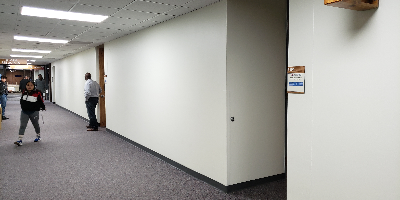Trowbridge Site - a Kansas City Hopewell village (jan 1, 1 – jan 1, 250)
Description:
Trowbridge Site - a Kansas City Hopewell village. (1AD-250AD). This is an Early Ceramic Period Kansas City Hopewell Camp/Village Site. This National Register of Historic Sites designee represents the furthest west Kansas City Hopewell culture site whose center is in Ohio. It was discovered when local resident Harry Martin Trowbridge unknowingly purchased a home on land where the Hopewell lived. He spent 14 years excavating the site, (1928-1942), was respected as an avocational archeologist and authored a paper with the National Museum Archeologist Waldo Weddell, concerning Trowbridge's discovery of a Roulette pottery marker made from deer bone. His is the first recorded archeological site in Wyandotte County Kansas. On his death Trowbridge contributed a small fortune to the Wyandotte County Museum whose funds built the "Trowbridge Addition" to the museum in Wyandotte County Park.Fact check: Office of the Kansas State Archeologist.
In 1939 amateur archeologist Harry Trowbridge discovered the oldest most westerly sites for the Hopewell Native People in the United States at present day North 61st St. and Leavenworth Road. The site dates from 1 to 250 A.D. and held pottery and stone tools and stone burial vaults. It is part of the so-called Kansas City Hopewell group. More recent sites are found in Edwardsville from 250-500 A.D.
https://en.wikipedia.org/wiki/Kansas_City_Hopewell
Added to timeline:
Date:
jan 1, 1
jan 1, 250
~ 249 years
